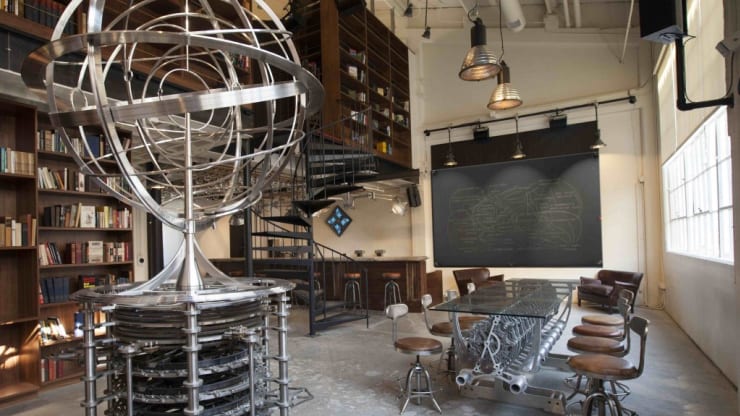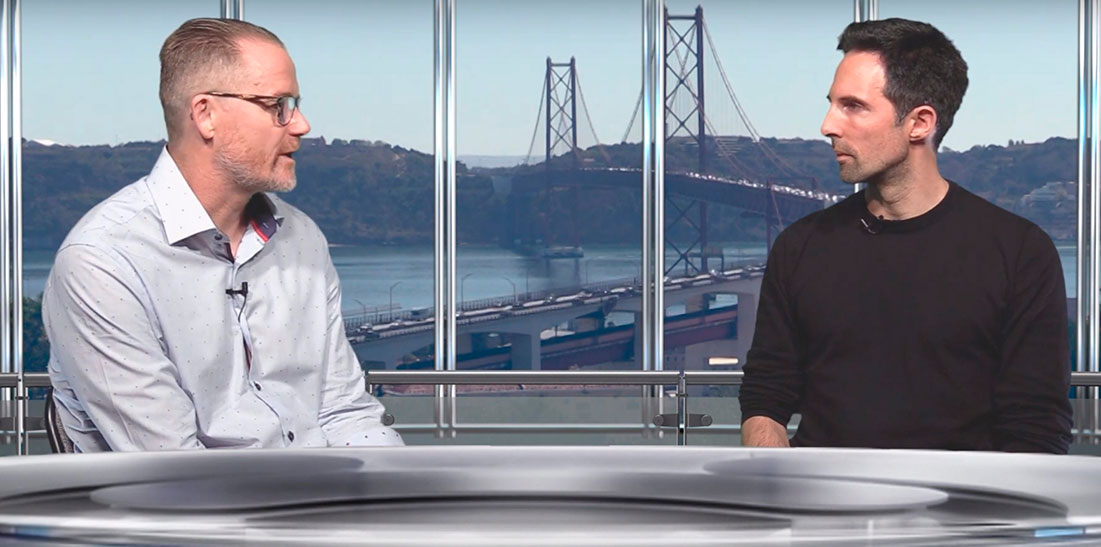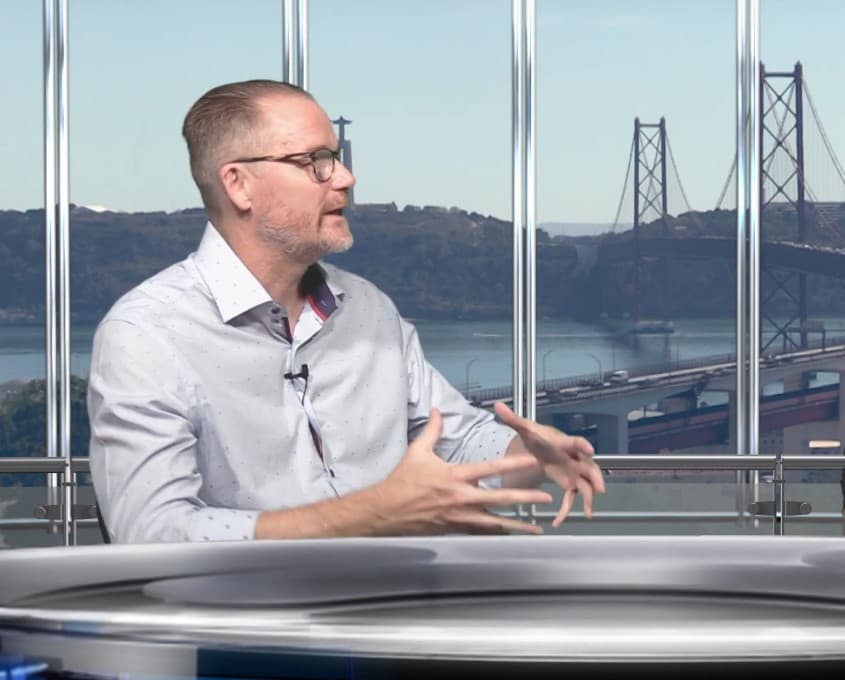Failure to focus on the long-term vision of a business and over-extending the scope of its activities could result in vulnerability, says a senior entrepreneurial executive, who calls it a "folly" to pursue growth rather than profit.
"There's too much short-termism, and that short-termism is ultimately very damaging. It's damaging to the [company's] culture in terms of how much pressure it puts on employees and in terms of satisfaction. Dissatisfaction leads to low productivity, and low productivity isn't what companies are trying to achieve," Rance Hesketh told Via News in a recent exclusive interview.
Rance has founded or co-founded four companies so far and has extensive experience in strategy and product development, sales, marketing, branding, mergers and acquisitions, capital formation, restructuring, and corporate turnaround.
His career highlights include working as the head of business development at the Kraft Heinz Company, serving as the CEO of Workshop Cafe, holding the role of senior vice president at Burger King, working as a consultant at McKinsey & Company, and teaching at Copenhagen Business School.
Rance says it is very difficult to "imagine a company having longevity" if it only concentrates on the short term.
Borrowing words from Jeff Bezos, Amazon's founder and chief executive, he added that long-term thinking is what gives a business a competitive edge.
10,000-Year Clock
In a 2011 interview with Wired, Bezos emphasized the importance of having a long-term vision, saying, "If everything you do needs to work on a three-year time horizon, then you're competing against a lot of people."
"But if you're willing to invest on a seven-year time horizon, you're now competing against a fraction of those people, because very few companies are willing to do that. Just by lengthening the time horizon, you can engage in endeavors that you could never otherwise pursue. At Amazon, we like things to work in five to seven years. We're willing to plant seeds, let them grow, and we're very stubborn. We say we're stubborn on vision and flexible on details."
Bezos made the comments when asked about Amazon's decision at the time to give $42 million to the Long Now Foundation for the development of a giant clock designed to last for 10,000 years.

"It's a special Clock, designed to be a symbol, an icon for long-term thinking," a blog post signed by Bezos says.
In 2018, he announced the beginning of the construction of the clock inside a mountain in West Texas. The clock is 500-feet tall and powered by the Earth's thermal cycles.
The idea for the clock comes from Danny Hillis, an American inventor and scientist who proposed a 10,000-year clock in 1995 in Wired to bring attention to the long-term future of humanity and the planet.
"If everything you do needs to work on a three-year time horizon, then you're competing against a lot of people."
Jeff Bezos, Amazon's founder
Over-Extension
Asked about the prospects for a recession and how businesses should prepare themselves for such a possible scenario, Rance said he thinks there are certain signs and there is "very little" companies can do from a macroeconomic perspective.
The former CEO of Workshop Cafe added that sometimes business owners lose themselves in the excitement of work, say "yes" to every opportunity that comes their way, and expand into areas where they do not feel confident.

"Just because things are going well in your core business doesn't mean you're going to be successful in other opportunities," Rance said, warning companies against the risk of vulnerability as a result of over-extension.
He also believes that it would be "folly" to chase growth instead of profit. "I think entrepreneurs are increasingly starting to think more around bootstrapping."
According to him, bringing in outside capital cannot be the "only" way for companies to survive and they have to find a way to be sustainable from a much earlier stage.
"Some companies have been going for seven, eight, or nine years, and they haven't been profitable… That should raise alarm bells in all cases."
Rance says businesses should figure out their business model very early and avoid scaling an unprofitable business as it would be a "gargantuan" task to fix such a mistake.
"If you have a good idea, the capital is plentiful. You will be approached, and there will be opportunities. It's very enticing. Ask yourself: Is that the right decision at that point? Do I really need that additional capital? If the answer is that you can manage for a while longer, there's nothing but upside."
Rance argues that patience can make a company "more valuable" as "you're going to prove your concept to a greater degree and, at that point, the valuation is going to increase."
That does not mean that businesses should never look for investment, he said, adding that it is just the matter of right timing.
Patience can make a company "more valuable".
Rance Hesketh, former CEO of Workshop Cafe and former senior vice president at Burger King
Crisis Management
On how he deals with situations where things do not go as planned and there is a sense of urgency and crisis, the former senior vice president at Burger King said one of the first things to do is to "follow the big numbers".
"You have to recalibrate the company in a way that you can get a little bit of oxygen. It is like the water is rising and you know you're effectively drowning. What you should try to do is to just get a little bit of room so you can start to breathe. Once you can breathe, you can start to think. Once you can start to think, you can start to prioritize, you can start to plan, and you can work from there."
Another piece of business advice that Rance offers is that those who are pursuing success should be brave enough to question things and introduce a change.
"You have to be willing to challenge everything. Other people will tell you, again and again, that's not how they do things, and you can typically say to them: 'You've been doing things a certain way, and this is where you ended up. So we're gonna do things differently.' It doesn't mean you don't listen or you don't take it on board."
As it is said, you cannot repeat the same action and expect a different outcome, Rance commented.

